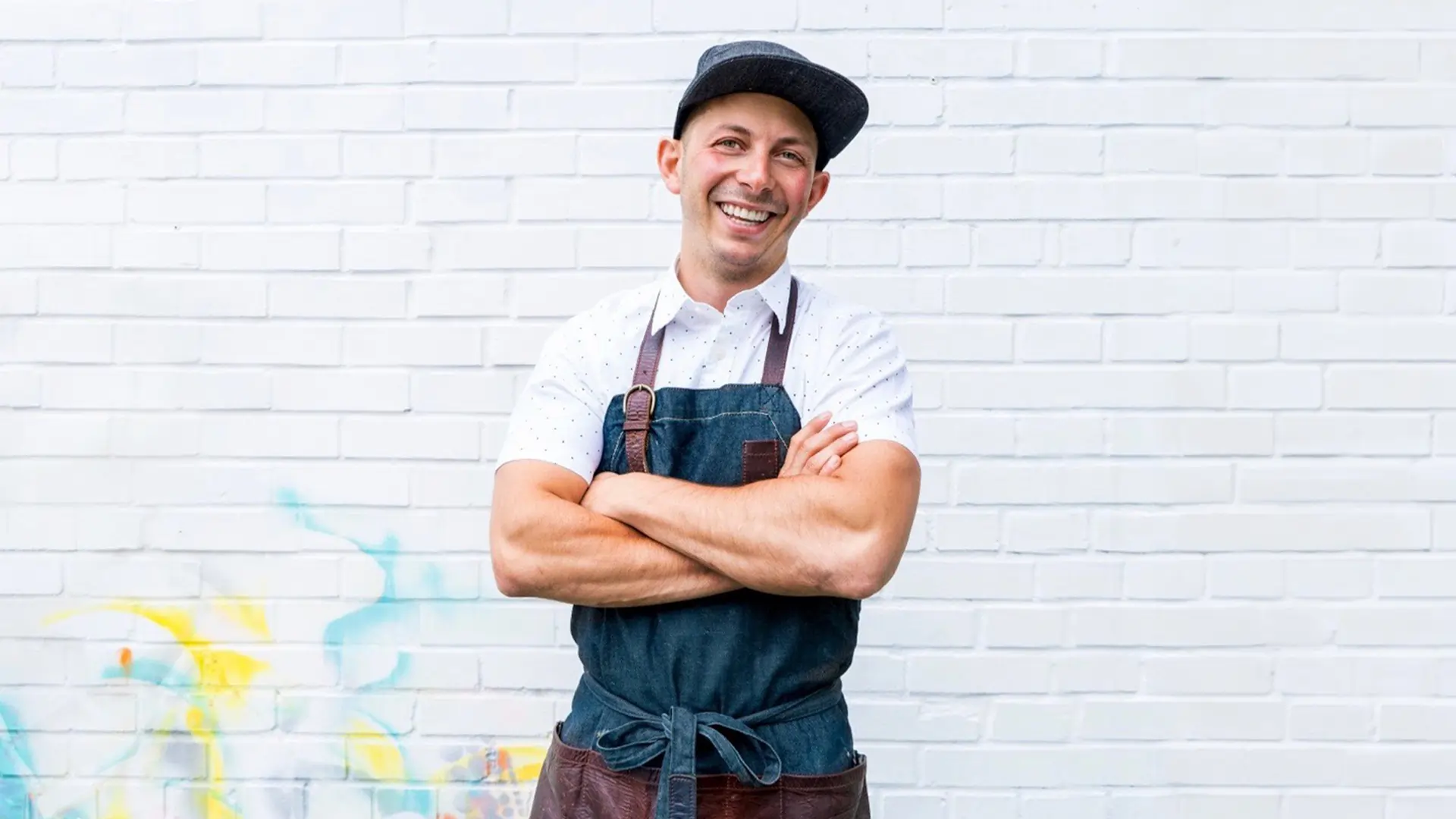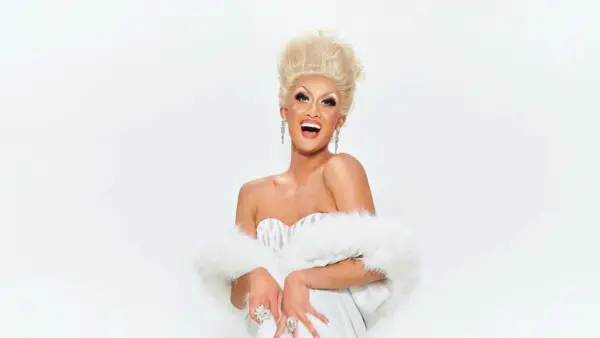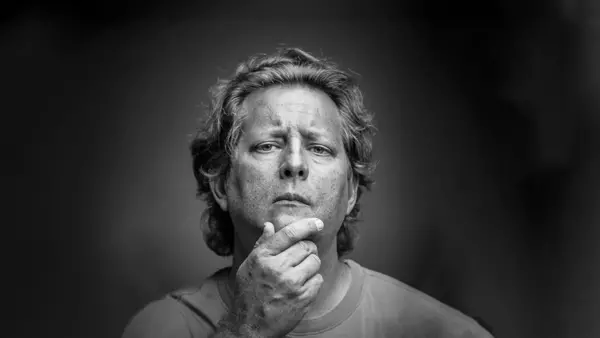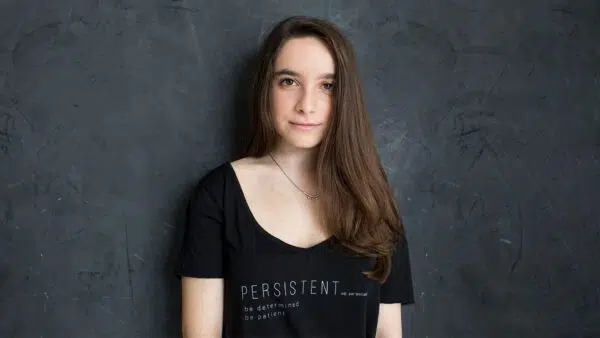He may be a renowned chef and food entrepreneur, but Matt Basile actually started his career in a cubicle, not a kitchen. Wanting to go in a completely different direction, he left his job as a copywriter at an ad agency and used his creativity and passion to start making his mark in the food industry.
Since opting for culinary adventures over the corporate world, the last dozen years have seen Basile build an internationally recognized food brand, open a popular Toronto restaurant, author two best-selling cookbooks and host the reality TV show, Rebel Without a Kitchen.
These days, he’s shifted his focus to being a creative consultant, content creator and recipe developer. He also recently co-founded Alchemy Grills, the world’s first simultaneous live-fire smoker, barbecue and plancha grill.
Basile spoke with Mitch Magazine about exploring new opportunities, being authentic, and the benefits of taking a non-traditional approach to work.
Why do you love what you do?
I always wanted to be an entrepreneur, and food was the thing that I always understood. I just love that I can be the same person at work as I am at home, or as I am when I’m out with friends. I don’t have to perform to be something else and that means a lot to me. I’ve always known my career to be an extension of my personality. Not everyone looks for this in their career, and that’s totally fine. But for whatever reason, I felt at a younger age that it was something that I needed.
I also love taking a non-traditional approach to the food business because I think so much of what the food business is about, is about being steeped in tradition. So I take a lot of pride in taking a slightly different approach to projects. I think that’s what separates me and our company from, I guess, a status- quo food company. Again, I love both sides of the operation. I love everything that everyone does in our industry. I just think that for my own sanity, I take a slightly different approach to it.
We’ve read that your company mantra is “Always be different.” What inspired it?
The way I am influenced the mantra. I think if you needed to sit there and brainstorm something that you’re not, then it already isn’t working. I couldn’t even tell you if there was a second, third or fourth option because it was so important to always be different. Everything has to go back to that. Is this good? Is it fun? Is it different? Then it’s us.
What’s some of the most memorable career advice you’ve ever received, and did you follow it?
I remember one time having lunch with Michael Bonacini. He’s someone that I consider a great friend and mentor. He told me, “Listen, the food business is a long distance run. It’s never a sprint.” And at the time, I was trying to sprint. There’s a lot of mistakes that happen if you’re constantly sprinting, not slowing down and taking the time to see that the real game is the long game, not the short one.
So for you, what’s the long game?
My version of the long game is actually my ability to stay fresh and relevant. Not painting myself into a corner has allowed me to have an 11-year career as a food entrepreneur, and it’s still growing. I’m just starting a new chapter again. I think being flexible and nimble has been my path to the long game.
You’ve obviously encountered different challenges while growing your brand and different businesses. How have you learned to overcome adversity?
If you think that you’re going to go down any industry as an entrepreneur without having any sort of adversity or problems, you’re not living in today’s world. You’ve got to always assume that most of your job is problem solving. And you need to be able to approach every problem with a solution in mind. It can’t just be a problem that you walk away from.
A few things have given me resilience in that area. One of them is my work ethic. I am notoriously a very hard working individual, almost to a fault. I will outwork other people in the room because I enjoy being reliant on my work ethic. Grit really does coincide with the work ethic, and having that grit and knowing that the world isn’t perfect, being okay with that and still moving forward is also incredibly important.
Having the right people in your circle really helps prepare you for uncertainties too because then you can get good advice or perspective in moments where sometimes you need a bit of a sounding board.
You’ve worn many different hats over the course of your career. How do you decide what opportunities make sense for you to pursue?
Whenever a project is presented, I like to take a look at what kind of opportunity it will be. Is it a financial one? Is it something that will bring me a lot of joy? Does it serve a purpose for me or someone else?
For me, I need to get really excited about something or else I won’t want to do it. There’s been projects that I’ve been a part of where I’ve actually walked away because I was like, “Listen, I know we started this process together, but nothing about this is exciting to me at all. It’s presenting stress and it’s not fun. Financially it is what it is.” Not everything has to be about money. There has to be something greater than just a financial return when you’re going to put your valuable time and energy into something.
You’ve learned a lot over the past decade about customer experience. Why is creating the right experience so important for building a successful brand?
People really do want to interact with people, and not so much a brand, which is why it’s important to be authentic. The irony is, once it becomes a strategy to be authentic, you’ve lost authenticity, right? That’s why you should never have to seek it out. It should just be innate and part of your DNA. You should always strive to be yourself, and invite people into that. They should want to see you grow and to be a part of your community because there’s something in it for them as well.
As soon as you try and formulate that, you’re now using a plug-and-play approach that feels less authentic. That’s why I’ve always just tried to be myself. For me, the best way to do any project is that it feels like it’s a natural extension of who I am.
If it’s natural for you and it’s coming from a genuine place, then customers are going to feel like they’re a part of that journey as well.
Definitely. I don’t even use the word “customer base.” I always say, “community approach.” I don’t care if people are buying something from me today, tomorrow or a week from now. The fact that they’re just willing to engage with what I’m doing means they’re at least interested in what I have to say, and down the road there might be an opportunity. And if there’s not, that’s okay too.
I think you need to have that in the back of your mind when you’re going down a career path that really does teach you, or forces you, to have to be front and center. My food truck, for me, was a great opportunity there, right? I had to see everyone that bought a sandwich. Every single person that came through, I got to meet them. Even if it was just for three-and-a-half seconds, I would get to have a short conversation. A lot of them became repeats and a lot of them have followed us to all our different ventures. And that’s when you know you’ve done something right.
How has your experience been with business insurance? Is there anything you’d like to see changed about it?
This doesn’t just go for insurance – it goes for investing and other things too – but sometimes we need to stop reading from templates and really take the time to understand the people and the businesses that we’re looking to work with. So if you’re looking to create a policy for someone or a company, instead of simply looking at column A, section three, I think there’s more value in learning about the person and their business.
So often we go right to the details, but not the details that really matter. I think we look at the contract details versus who this is, what they do and how our service can better their service, or at least protect their service.
Want to learn more about Matt Basile? You can check out his website.









